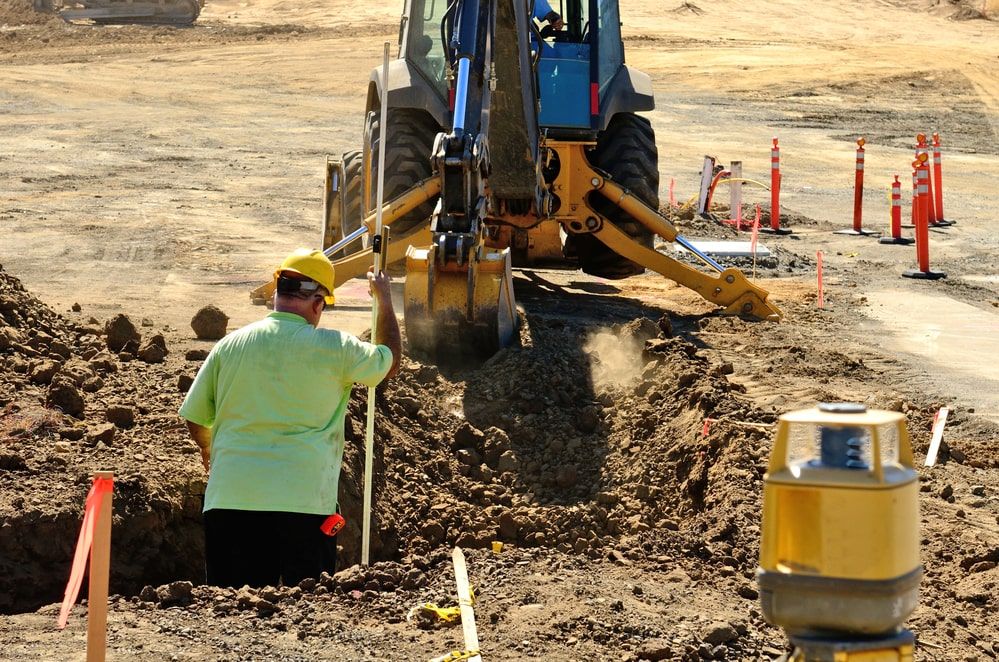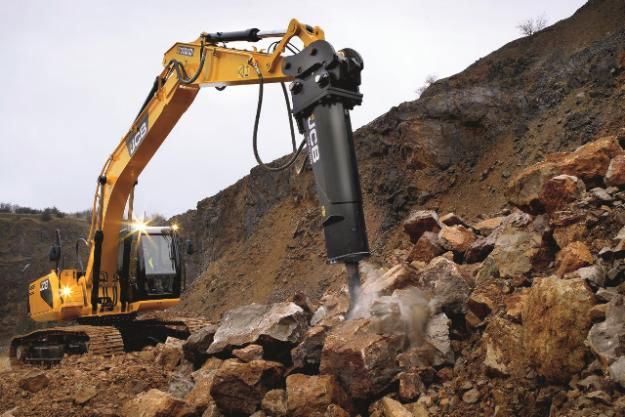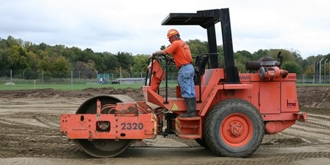Professional Septic Ohio - Trusted Septic System Specialists in Ohio
Professional Septic Ohio - Trusted Septic System Specialists in Ohio
Blog Article
Comprehensive Excavation Techniques: Mastering the Basics for Success
In the realm of construction and civil engineering, the significance of effective excavation approaches can not be overstated. The cautious preparation, accurate execution, and precise focus to information required in excavation projects demand a detailed technique that encompasses different basic aspects. From preliminary soil evaluation to the application of precaution and routine progression surveillance, mastering these core aspects is crucial for accomplishing success in any kind of excavation undertaking. The real proficiency lies not merely in comprehending these principles but in effortlessly incorporating them to browse the complexities of excavation tasks with skill.
Comprehending Excavation Task Preparation

The preliminary stage of any kind of excavation project is the planning stage, where important choices are made that can substantially influence the outcome of the task. Recognizing the project timeline, scope, and spending plan restrictions is vital for developing a detailed excavation strategy that makes certain the task's success.
One secret facet of excavation task planning is the advancement of an in-depth timeline that details the series of due dates, turning points, and tasks. This timeline functions as a roadmap for the job team, permitting them to track progression and make required adjustments to guarantee the project remains on schedule. Additionally, a well-defined spending plan that makes up all costs, including devices service, labor expenses, and materials, is important for staying clear of price overruns and delays. By carefully taking into consideration all these aspects during the preparation phase, excavation jobs can be executed successfully and efficiently, leading to successful outcomes.
Dirt Analysis and Site Analysis
Carrying out complete dirt analysis and site examination is an important action in the preparation phase of any kind of excavation project. Soil analysis entails determining the structure, structure, and properties of the dirt at the excavation site. This information is vital for recognizing the dirt's bearing capacity, wetness material, and capacity for disintegration, which are crucial factors in identifying the excavation techniques and devices required for the job.
Website examination exceeds dirt evaluation and incorporates a wider evaluation of the general site problems. This examination includes determining any possible risks, such as below ground energies, ecological issues, or unstable terrain, that can influence the excavation procedure. By completely examining the site, task managers can create reliable excavation approaches that focus on safety and security, effectiveness, and environmental management.
Using sophisticated innovations like ground-penetrating radar, soil tasting, and drone studies can improve the accuracy and efficiency of dirt evaluation and website analysis. Spending time and resources in these preliminary actions can ultimately save time and protect against pricey hold-ups or complications throughout the excavation procedure.
Equipment Selection and Usage
Efficient excavation projects rely greatly on calculated equipment selection and use to make certain optimum performance and efficiency. Choosing the appropriate equipment for the work is critical in making best use of effectiveness and lessening downtime. Factors such as the sort of dirt, deepness of excavation, and project extent play a considerable duty in establishing one of the most appropriate tools for the task handy.

Along with picking the ideal devices, correct utilization is key to job success. Operators needs to be educated to deal with the equipment safely and successfully - lancaster trenching. Routine maintenance checks and timely repair work assist avoid break downs and ensure consistent performance throughout the project
Precaution and Regulations Compliance
In the world of excavation tasks, prioritizing safety and security procedures and conformity with policies is critical to guaranteeing a secure and legally audio functional atmosphere. Safety measures incorporate a variety of methods, including performing complete site assessments, applying appropriate signage and obstacles, and offering ample safety training for all workers involved in the excavation procedure. Adherence to guidelines, such as OSHA requirements in the United States, makes sure that the excavation project fulfills the required criteria to shield employees, onlookers, and the surrounding environment.

Tracking Development and Adjusting Approaches
Exactly how can forecast managers properly track the development of excavation tasks and adapt their methods accordingly to enhance outcomes? Monitoring progression is vital for ensuring that excavation jobs remain on track and meet due dates.

Conclusion
To conclude, grasping the fundamentals of detailed excavation methods is vital for the success of any type of project. By comprehending project preparation, examining dirt and website conditions, selecting ideal equipment, complying with safety and security guidelines, and monitoring progression, task supervisors can make sure a smooth and efficient excavation procedure. Implementing these methods will certainly result in successful end results and reduce prospective risks or problems throughout the excavation project.
The preliminary stage of any type of excavation task is the planning phase, where critical decisions are made that can significantly affect the outcome of the project. Recognizing the project range, spending plan, and timeline constraints is crucial for producing a thorough excavation strategy that makes certain the task's success.
How can forecast supervisors hop over to here properly track the advancement of excavation jobs and adjust their methods as necessary to enhance outcomes? By carefully keeping an eye on progress and being prepared to adapt strategies, job managers can boost the general success of excavation jobs.
By comprehending project preparation, assessing dirt and site conditions, choosing proper devices, abiding with safety laws, and checking progression, task supervisors can make certain a smooth and reliable excavation process.
Report this page